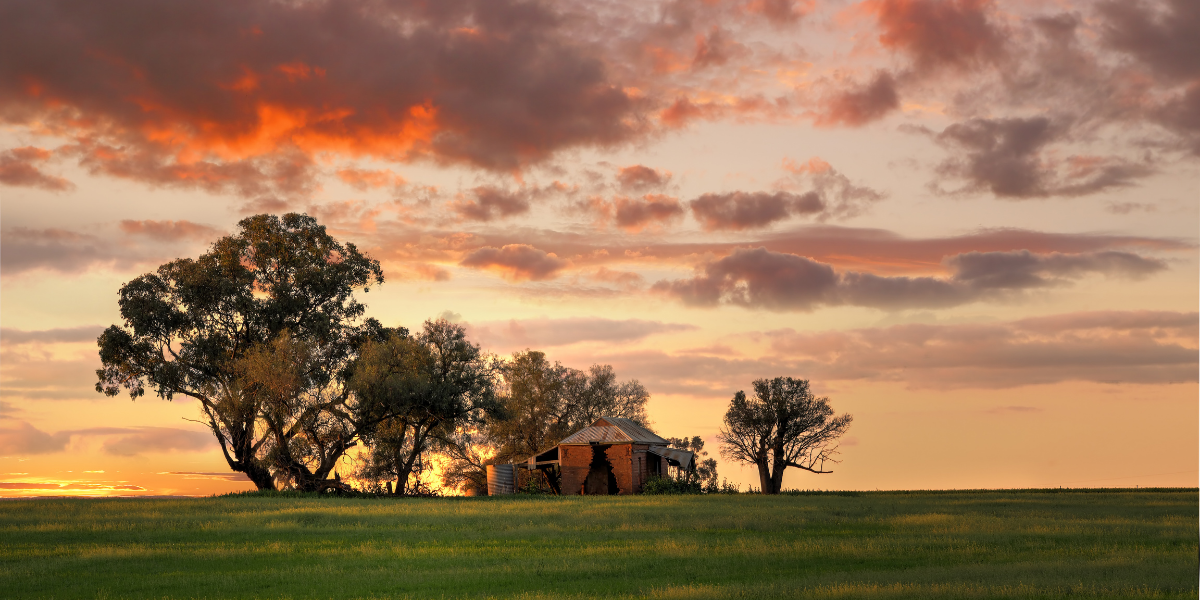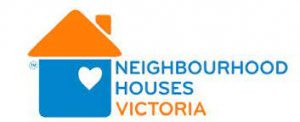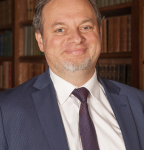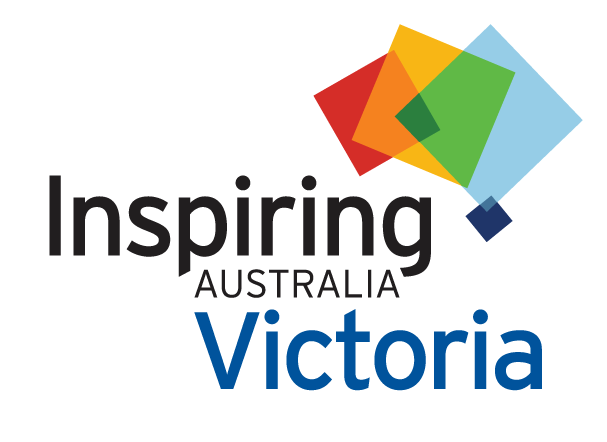Climate Change and the Environment Program

Climate change is not the future. It is the present.
It is making Victoria hotter and drier than ever before. Weather events are becoming more extreme and fire seasons are dragging longer. These impacts are felt by the environment and ecosystems, in addition to our physical and mental health.
We must reduce greenhouse gas emissions to net zero well before 2050 to limit global warming to 1.5°C and prevent mounting damage from uncontrolled bushfires, droughts, floods, and sea level rise.

With the support of Inspiring Victoria, Museums Victoria and the Royal Society of Victoria invite you to be a part of change in a different direction.
We have the means to create a better future if we take action, beginning with understanding the science.
‘The scientific process offers many excellent tools for decision making, helping us care for our country and our people through what is surely – hopefully! – the greatest challenge of our age,’ says Mike Flattley, CEO, Royal Society of Victoria.
The Climate Change and the Environment Program, run in partnership with Neighbourhood Houses Victoria, aims to generate community conversations around climate change, the environment, science and our society. Through workshops, webinars, and online resources, it will enhance climate science literacy and the community’s relationship to sustainable futures.

The first Thriving Futures workshop was launched on Monday 15th February, attended by coordinators at Neighbourhood Houses across Victoria: in South Gippsland, Geelong, Sorento, Anglesea, Healesville, and Wonthaggi. This was the first workshop in a series of four in the pilot program, and the organisers hope to hold more workshop series this year.
Kate Phillips, Senior Curator of Science Exhibitions at Melbourne Museum, led a discussion around problems of concern within individual communities as well as practical ways to reduce greenhouse emissions and be more sustainable. Workshop participants discussed ways to increase energy efficiency, establish community gardens to help with food security, manage food waste, improve bushfire management, and better insulate buildings from weather.
The project builds towards local communities being able to deliver their own scientific events across Victoria on World Environment Day and in National Science Week. It empowers community leaders to take and inspire action within their own communities, and fosters discussion between community groups and scientists to share ideas and strengthen actions together.
‘It’s really about developing relationships between community groups, Museums Victoria, and the Royal Society of Victoria,’ says Kate.
The suite of online resources and quizzes, webinars with experts in environment, conservation and adaptation, and Thriving Future workshops aims to inform, empower and connect participants. By understanding climate change and the latest science relating to their region, participants will be encouraged to develop climate change projects in their communities. Individuals and community organisations are invited to join this conversation to learn, share and most importantly, to act for a thriving future.
‘Inspiring Victoria is specifically enabling local and regional science groups to expand their climate science, sustainability and adaptation literacy and community involvement, while enabling the entire Victorian public to get involved via the public Museums Victoria web platform. It will be exciting to see where this project leads and what the events it produces across regional Victoria under our 2021 ACCLIMATISE Victorian National Science Week theme.
Rena Singh, Manager, Inspiring Victoria.
‘By partnering with Museums Victoria and the Royal Society of Victoria, Neighbourhood Houses Victoria seeks to engage with members across the state to promote climate literacy and to provide resources enabling members to become lead climate action agents within their communities. We eagerly anticipate high levels of engagement, community interaction and significant networking opportunities as neighbourhood houses are realised as hubs to effect climate action in local communities.’
Cameron MacRae, Chief Financial Officer, Neighbourhood Houses Victoria.

‘In adopting the Sustainable Development Goals as their own, Neighbourhood Houses Victoria have offered an ideal conduit to work with communities across the state in accessing, understanding and utilising robust scientific tools and expertise. Well informed, grass roots, localised action on a global scale offers the best chance for mitigating dire climate change scenarios while adapting successfully to emerging conditions that are now essentially unavoidable. The Royal Society of Victoria is delighted to commission Museums Victoria’s resident expertise and direct it to where it matters most – the communities across our State.’
Mike Flattley, CEO, Royal Society of Victoria.
Written by Catriona Nguyen-Robertson
